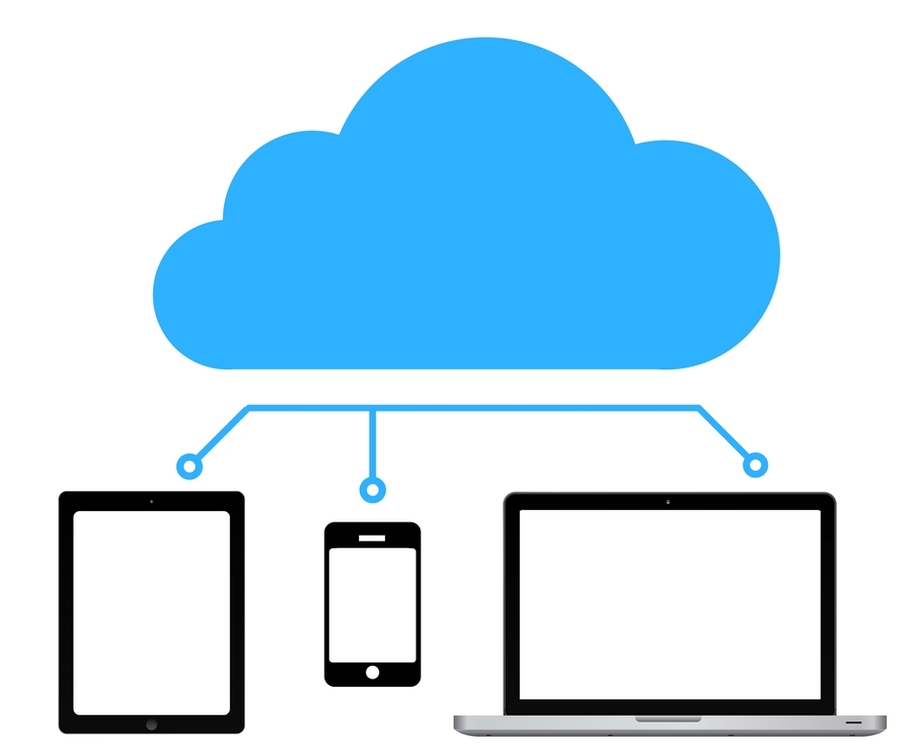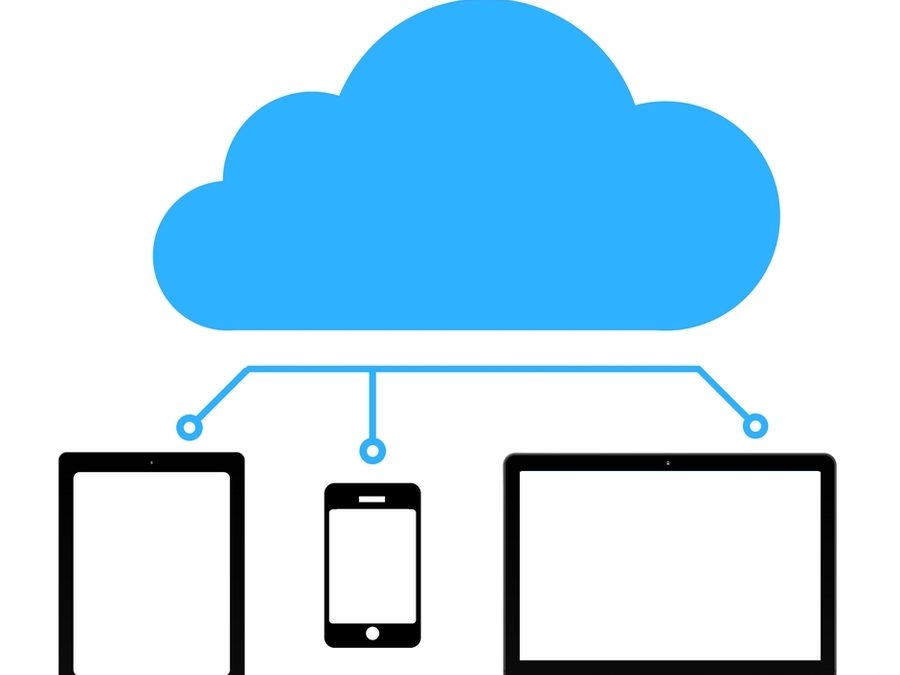
Cloud storage services and VPNs go hand in hand when there’s a need for more security online. The most popular cloud storage services are indeed safe and secure. But VPNs can provide an extra layer of protection, especially when dealing with sensitive data.
Nowadays, using virtual private networks (VPNs) over unsecured connections is a must. Connecting to the cloud over a public WiFi connection makes the user vulnerable to data theft. That’s because public connections aren’t secured and hackers usually sniff them to steal unprotected data. In most cases, they are looking for exposed passwords or bank information.
However, if the user is connected to the cloud through a VPN, the data will be encrypted. Prying eyes will only see jumbled up letters and numbers that mean nothing. In other words, VPNs make it safe to use cloud storage services from anywhere.
Connecting to cloud storage through a VPN
Cloud technology has taken over the Internet. So, it should come as no surprise that the biggest cloud service providers are also the biggest tech companies.
For example, Google Drive, Dropbox, and Apple’s iCloud are the best-known cloud storage providers today. People store their photos or documents on the cloud because it’s secure and convenient. Apart from the obvious choices, Backblaze and pCloud are also decent providers that give unlimited storage and robust and secure services respectively, according to cloud storage expert GoodCloudStorage,
Moreover, modern VPNs most often utilize cloud technologies as well. In a nutshell, a VPN is a network of servers that enables users to connect to public networks securely and anonymously. VPNs hide the user’s identity and encrypt sensitive data before sending it through the public network.
Advantages
Benefits to using VPNs with cloud storage services usually center on added security and bypassing firewalls. There are many free and paid VPN services on the market and they all offer similar features.
1. Secured and encrypted connection
By using a VPN to connect to our cloud storage, we’ll be sure that the connection is secure and encrypted. That means that hackers who are sniffing the network won’t be able to see anything, especially if we are using a public WiFi in a cafe or a hotel.
Everything we do will be encrypted — not only our passwords or usernames. So, we can transmit any kind of data over the network without worrying about others spying on us.
2. Bypass firewalls
VPNs allow us to access our cloud storage from anywhere without limitations. Unrestricted access is especially useful for going around firewalls or geo-blocking on our cloud storage services.
For example, Google is banned in China. So, by using a VPN, we could access our Google Drive from within China by connecting to a server in the US, for instance. In that case, our VPN would work as a proxy that would help us bypass the Chinese government’s firewall, which is essential for investors that are looking into China future tech.
3. Privacy and anonymity
If we, for whatever reason, want to stay anonymous while using our cloud storage services, we can do that with a VPN. The cloud storage service provider won’t be able to see our IP address or other identifiable information. On top of that, our connection will be completely private. So, nobody will be able to identify us or keep track of what we are doing.
Most free and paid VPNs claim that they delete all identifiable records from their system. Even if the government requested our data, they would have nothing to give them.
Disadvantages
As with any modern technology, there are some downsides to using VPNs, especially the ones that are free.
1. VPN provider has access to our data
Even though VPNs are secure and safe to use, they have one major flaw. If we are, let’s say, using a free VPN service, the owner of the VPN could track our activities. Since all of our traffic is going through the VPN, it’s easy for administrators to see what sites we are visiting.
They might use that data to target ads based on the sites we are visiting. Also, they might have access to our sensitive information. But most free and paid VPNs claim that they don’t store or process users’ data.
2. Additional security measures
VPN users might have to utilize additional security measures to prevent hacking attempts. For example, two-factor authentication is an effective way to protect ourselves against hacking attempts. Even if the hackers get hold of our login credentials, they won’t be able to access our cloud storage account.
Cloud Storage Should be Our Data Vault
In conclusion, people should use VPNs when accessing cloud storage services. By connecting to the cloud over an unsecured Internet connection, we run the risk of exposing our data to hackers.
Also, VPNs are useful when we want to access our cloud storage anonymously. The cloud storage provider won’t be able to see our IP address, but, instead, they will see the IP address of the VPN server.
Lastly, VPNs are useful for bypassing firewalls or other geo-location restrictions to access related tech news. That allows us to use our cloud storage from anywhere in the world freely and without limitations.


Recent Comments